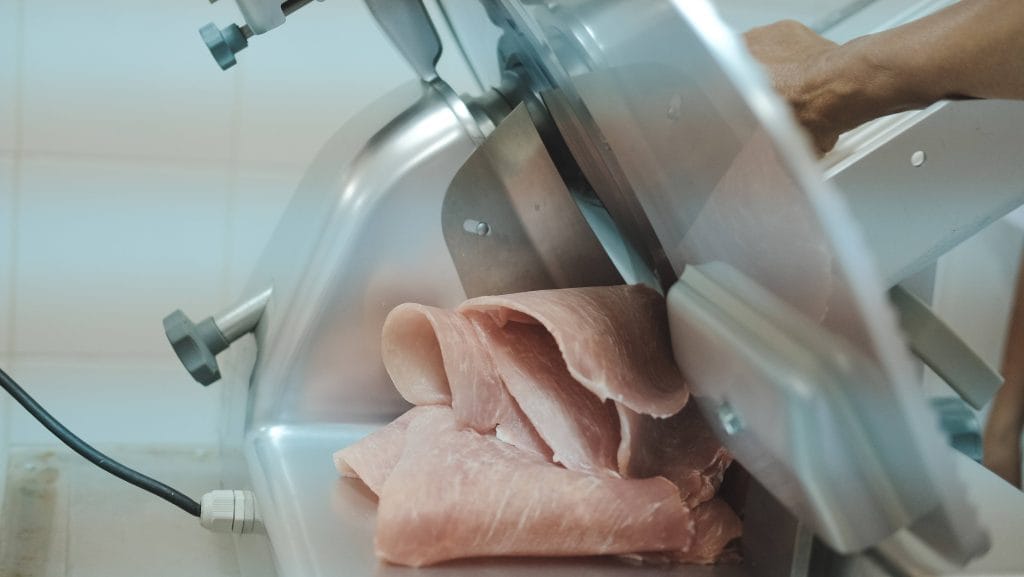Diagnosis
A blood test is often the most effective way to determine whether you have a listeria infection. In some cases, samples of urine or spinal fluid will be tested as well.
Treatment
Treatment of listeria infection varies, depending on the severity of the signs and symptoms. Most people with mild symptoms require no treatment. More-serious infections can be treated with antibiotics.
During pregnancy, prompt antibiotic treatment might help keep the infection from affecting the baby.
Preparing for your appointment
If you have eaten food that has been recalled because of listeria contamination, see a doctor only if you have signs and symptoms of a listeria infection.
What you can do
Before the appointment, you might want to write a list that answers the following questions:
- What are your symptoms and when did they start?
- Are you pregnant? If so, how far along are you?
- Are you being treated for other medical conditions?
- What medications and supplements do you take?
You might also want to write a food diary, listing all the foods you've eaten for as far back as you can reliably remember. Tell your doctor if foods you've eaten have been recalled.
What to expect from your doctor
To help with diagnosis, your doctor might ask if you've recently eaten:
- Soft cheeses, such as brie, Camembert or feta, or Mexican-style cheeses, such as queso blanco or queso fresco
- Raw milk or cheeses made of raw (unpasteurized) milk
- Processed meats, such as hot dogs or deli meats
- Any foods that have been recalled
